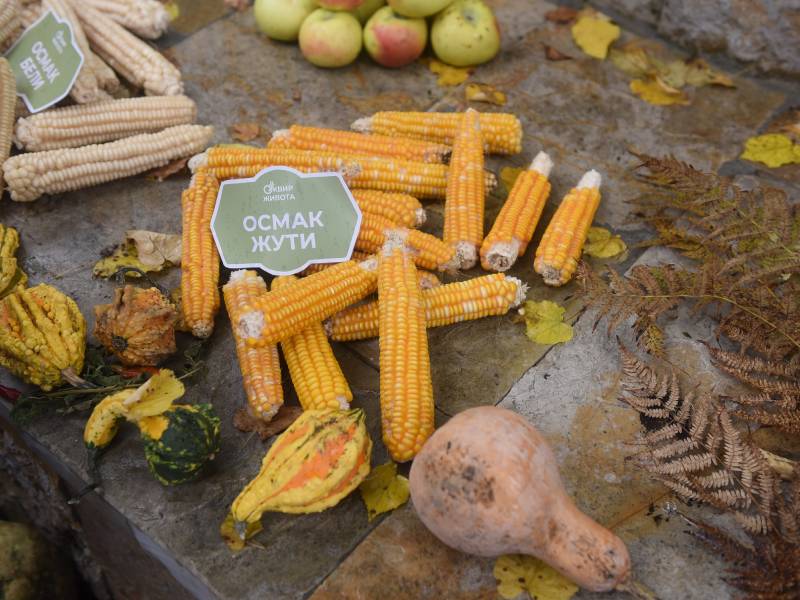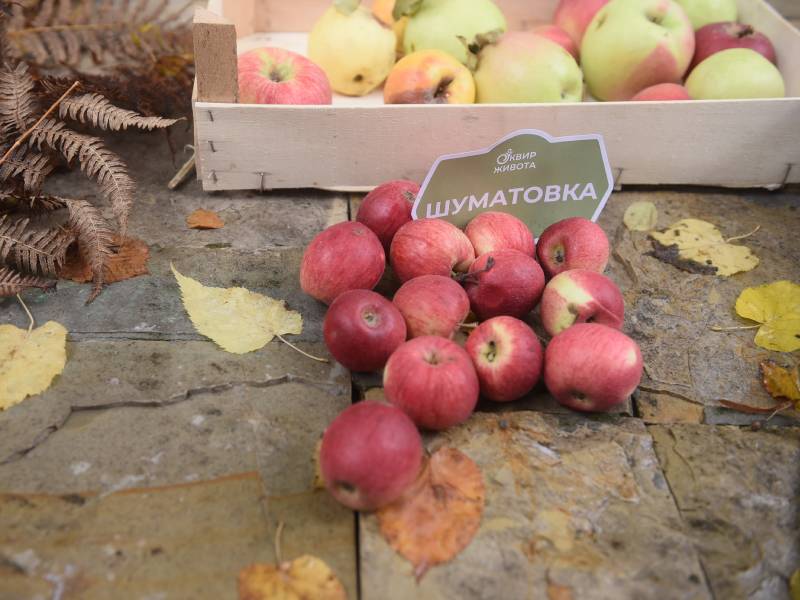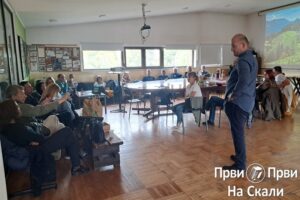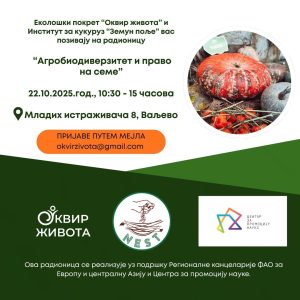The community seed bank was founded in 2019 as part of our organization and it is the first community seed bank in Serbia. The Ecological movement “Okvir života” coordinates the activities of the seed bank, which is made as a “live” seed bank, that is, whose work is based on in situ and on farm conservation principles. The involvement of the local community, in which small farms are of particular importance, is crucial for the success of the seed bank.

Community seed banks cover a wide range of topics – from food sovereignty and farmers’ rights, through the preservation of old varieties, local gastronomy and local cultural heritage. The local seed bank gives us all the opportunity to choose – as consumers we have the right to an alternative in the abundant supply of food of unknown origin and quality, and as producers we have the right to seeds that our ancestors have selected for centuries.
According to a report by FAO, 1-2% of old varieties are lost annually, and in the 20th century we lost 75% of the diversity of varieties grown in agriculture. This is a direct consequence of the Green Revolution – intensive agriculture has put yield ahead of quality, resilience and diversity. High yields are emphasized as an advantage, regardless of the high use of pesticides and fertilizers, which completely undermines the ecological balance, as well as the quality of the products available to consumers.
The ways in which farmers save seeds are as old as agriculture itself, but plant resources for food and agriculture have never been under greater pressure. The amount of available seed of old varieties is becoming an increasing problem. In the process of intensification of agricultural production, the need for a larger amount of planting material grows, which conditions the turning to other sources of seeds, such as seed houses. Annual varieties of vegetables are particularly at risk, although an increasing number of fruit trees have reached a worrying age. The high uniformity of diversity in agriculture is exactly the opposite of the needs of agro-ecosystems that are under constant attack by advanced pests and diseases. Nevertheless, both around the world and in Serbia, small agricultural farms keep old varieties, whose smells and tastes represent the identity of local gastronomy and cultural heritage.

Community gene banks survive thanks to the energy and love of farmers, and seed continued life and development is the result of the spiritual bond that exists between the peasants and his land.
The coordinator of the community seed bank is Ivana Radović, biologist and doctor of agricultural sciences, currently employed at the Faculty of Agriculture, University of Belgrade.



